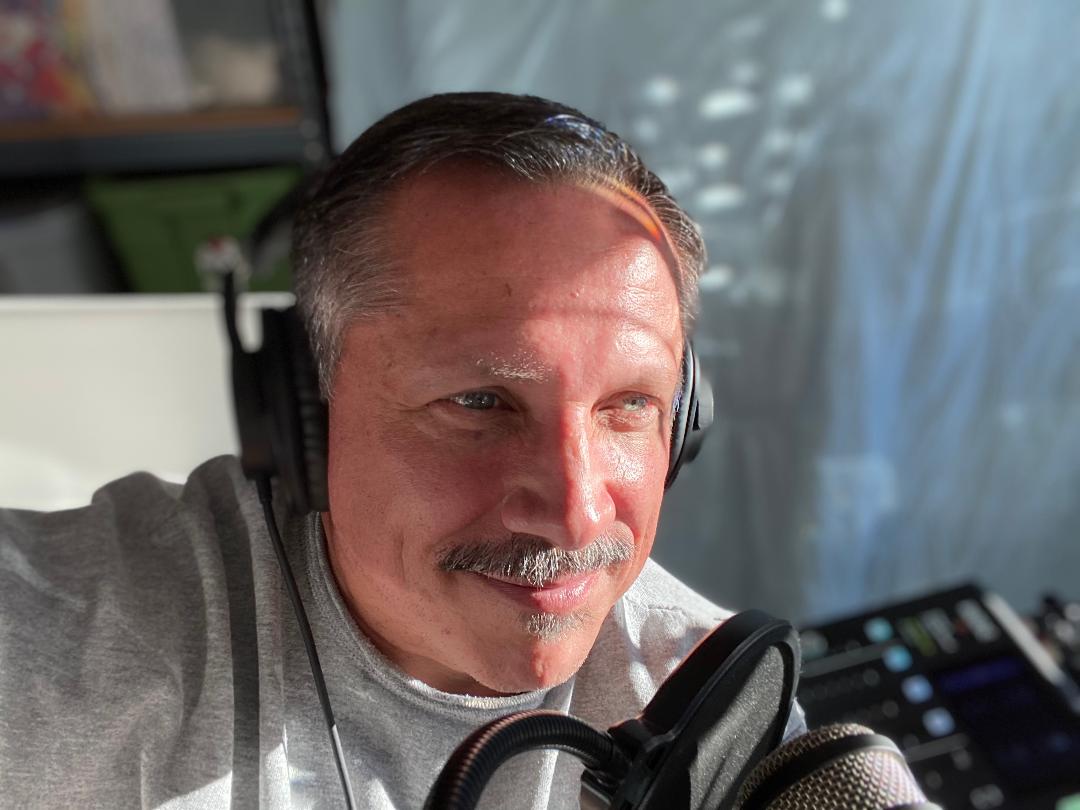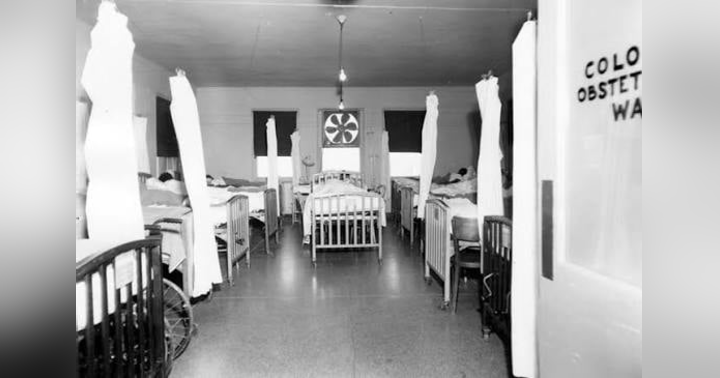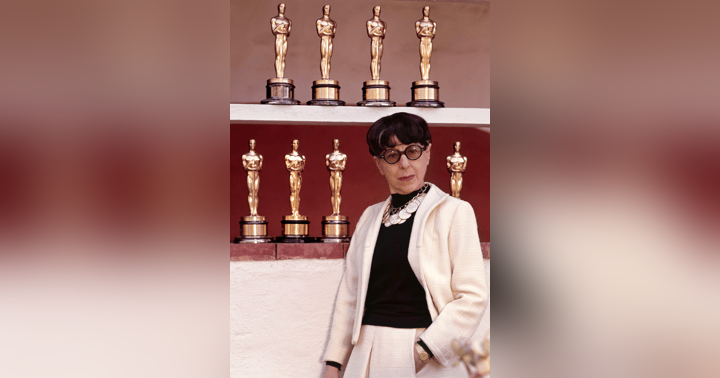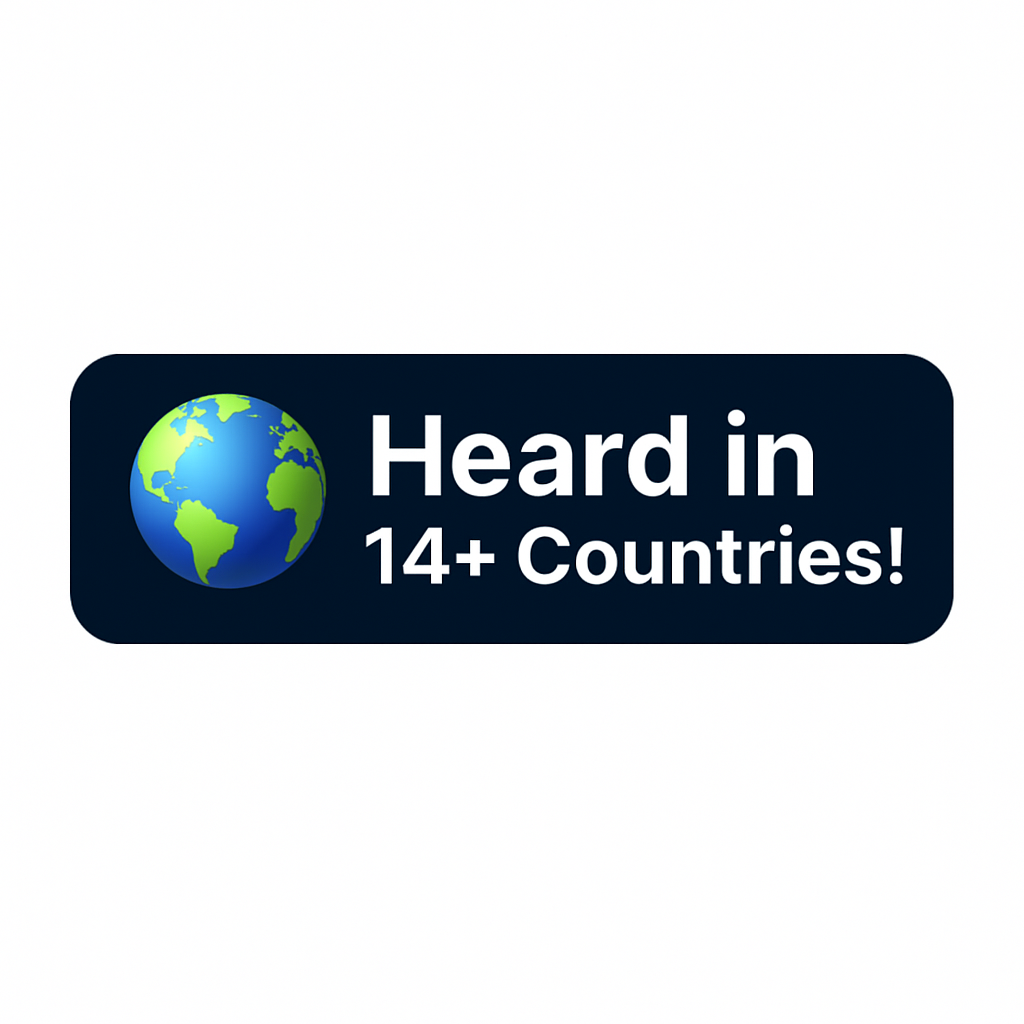🌈 Why Solidarity Still Matters: A Reflection on LGBTQIA++ Community, History, and Belonging
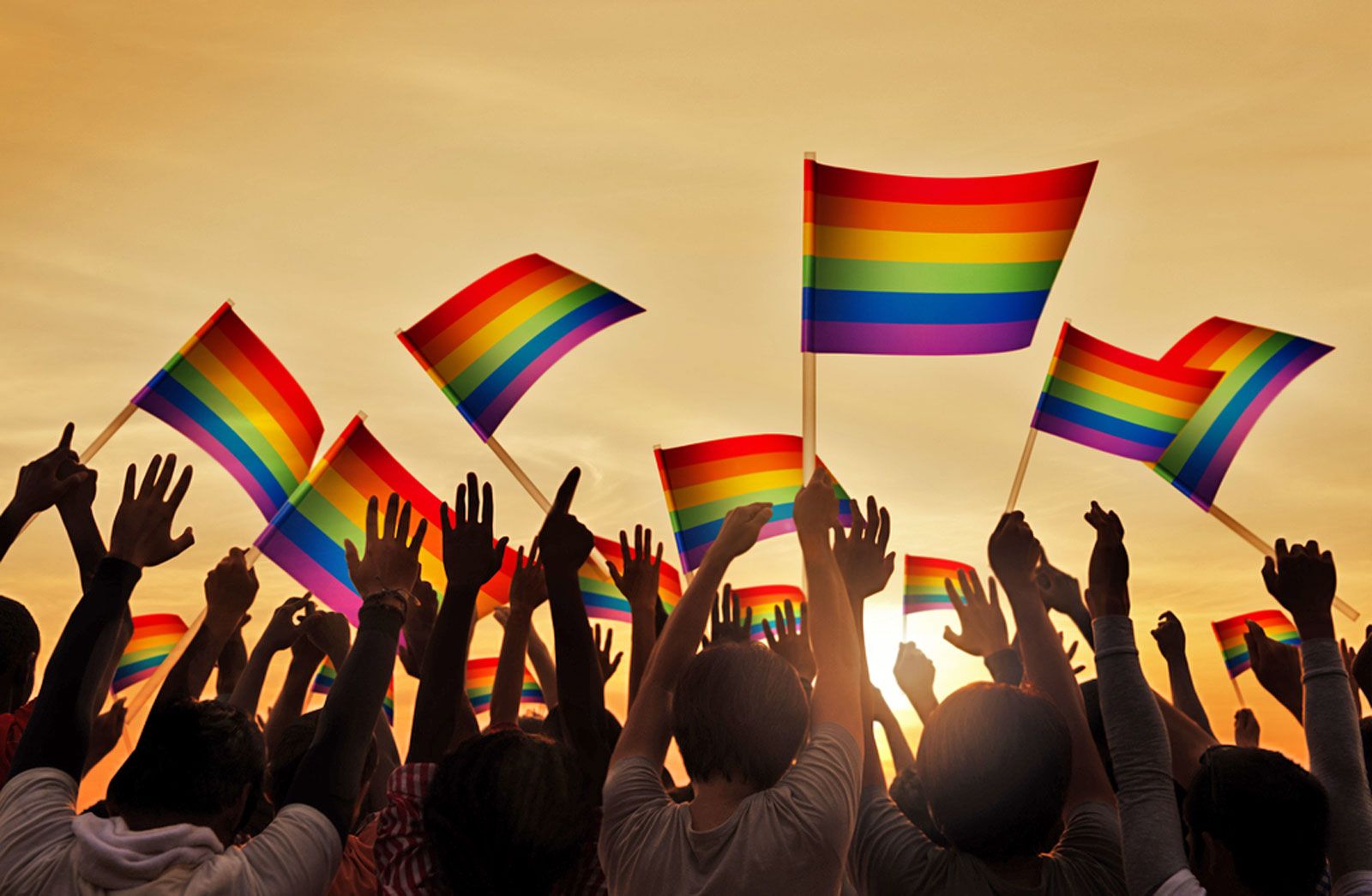
When I watch certain conversations online — especially from younger voices who claim to speak for the LGBTQ community — I’m struck by how often they try to draw sharp lines between who “belongs” and who doesn’t. Whether it’s separating lesbian, gay, and bisexual people from trans and queer people, or dismissing intersex identities, or rejecting allies entirely, these arguments often come packaged as “clarity.”
But when you look closer, they’re not clarity at all.
They’re exclusion.
And exclusion is something I cannot support.
Everyone is entitled to their opinion. Those YouTube hosts, Jeffree Star, and anyone else are absolutely within their rights to express how they see the world. But I, too, have my own opinion — and it’s shaped by something they seem to be missing:
History.
The LGBTQIA++ Community Never Formed Because People Were the Same
If you go back to the origins of queer liberation, nobody sat in a conference room and said:
“Let’s create one giant acronym to express every identity neatly.”
The early movement was not a branding exercise.
It was not a marketing strategy.
It was not a taxonomy of sexuality.
It was survival.
Gay men, lesbians, bisexuals, trans women, drag queens, queer youth, intersex people, and allies created a coalition because standing alone was dangerous. Solidarity wasn’t symbolic — it was necessary.
Solidarity meant safety.
Safety meant survival.
And survival meant the possibility of a future.
That’s why the modern acronym exists. Not because all these identities are identical, but because the forces that oppressed them were.
I Wasn’t at Stonewall — But I Live in the World It Helped Create
When Stonewall erupted in 1969, I was only seven years old. I wasn’t there throwing a brick or pushing back against police. I wasn’t yet aware of who I was or what this would someday mean for my life.
But fast-forward 20 or 30 years, when I did know who I was, I absolutely benefited from their courage.
I came into myself in a world that was not entirely safe — but far safer than the world they knew. I could walk a little freer. I could speak a little louder. I could build a life that, decades earlier, wasn’t available to men like me.
That is the inheritance of solidarity.
You don’t have to have been there to receive what they fought for.
You don’t have to throw a brick to live in a world shaped by the person who did.
And that’s exactly why it matters that the letters — L, G, B, T, Q, I, A, and the + + — stay united.
Identity Is Not the Same as Community — and It Never Has Been
Some argue:
- LGB is about who you’re attracted to
- TQ is about who you are
- Therefore they shouldn’t be grouped together
This misses the entire point.
If we only grouped people by categories, then:
- Gay men and lesbians wouldn’t be together (different genders, different lives).
- Bi people wouldn’t be with gay or lesbian people (different experiences).
- Intersex people wouldn’t be included.
- Asexual people wouldn’t fit.
- And allies — some of our strongest protectors — certainly wouldn’t belong.
But that’s not how community works.
Community is not about sameness.
Community is about shared vulnerability and shared protection.
Why Allies Belong in the “+ +”
One of the people I want to highlight on my Heroes page is Kathy Griffin.
Is Kathy Griffin gay? No.
Is she a fierce ally who has stood with us through controversy and backlash? Absolutely.
That’s exactly why the “+ +” exists.
It’s the open door.
The welcome sign.
The acknowledgment that communities are strengthened by those who stand with us, not just those who share our identities.
Rejecting allies is historically inaccurate and strategically foolish.
When Ignorance Turns Into Exclusion
This entire critique began with a single moment:
Jeffree Star saying he didn’t even know what the “I” in LGBTQIA stands for.
Whether he meant it as a joke or not, the message was the same:
“Because I don’t understand intersex people, maybe they don’t belong.”
But that logic —
“I don’t understand you, therefore you don’t belong” —
is the exact blueprint of homophobia.
Straight critics said for decades:
- “I don’t understand gay people.”
- “I don’t get it, so it must not be real.”
Jeffree is repeating the same reasoning — just aiming it downward.
Not understanding something is not the same as it being invalid.
It’s simply a sign you need to learn.
As I said before:
Youthful ignorance doesn’t trump knowledge and history.
If you want to understand intersex reality, look at Caster Semenya’s life.
Look at the scrutiny, the policing, the humiliation she faced — all because her body didn’t fit the narrow definition someone else demanded.
Solidarity protects people from that kind of cruelty.
🌈
Why Solidarity Still Matters
No one is saying all LGBTQIA++ people have the same experience.
We don’t.
But that’s not the point.
The point is:
We stand together because the world is safer when we do.
The fight is not over.
And unity is still our strength.

